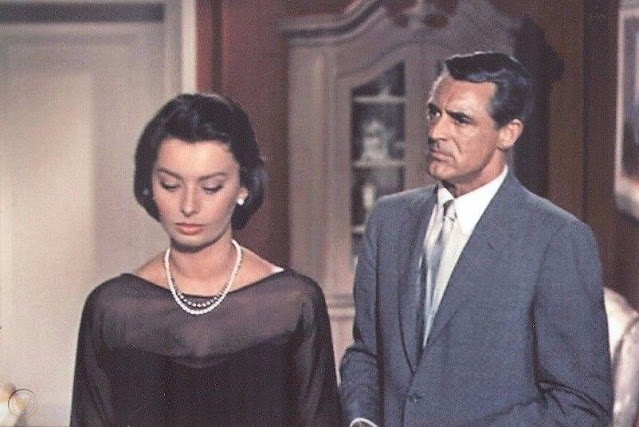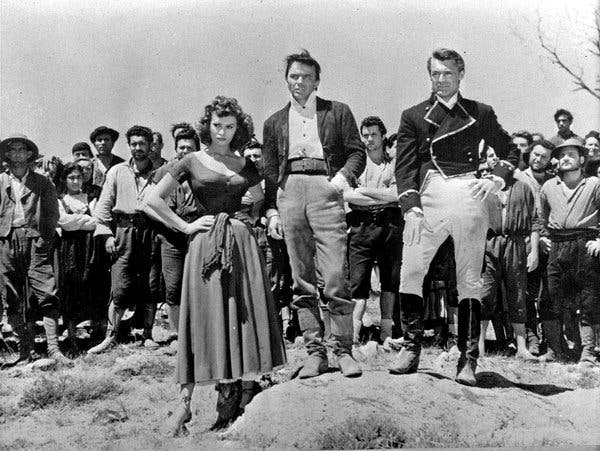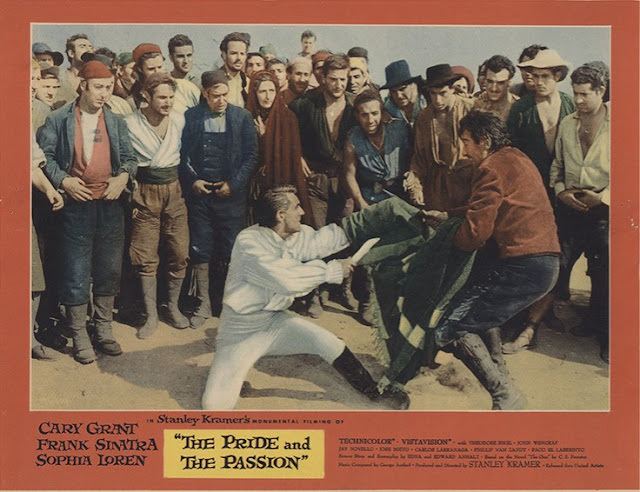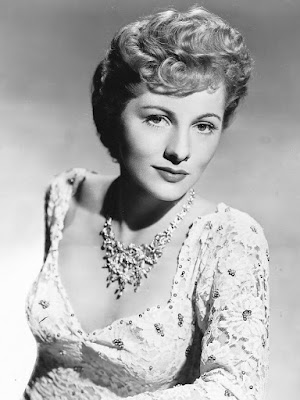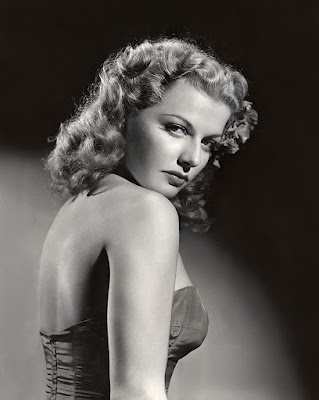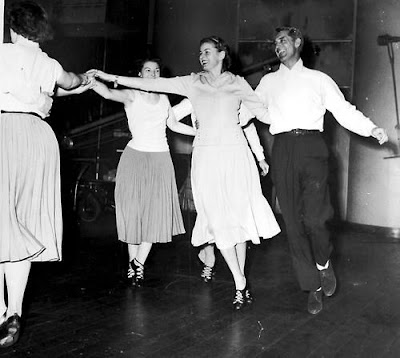The Pride and The Passion was Cary Grant's 61st full length feature film and was released in 1957, on this date.
Grant plays British naval officer, Capt. Anthony Trumball, who is landed in Spain during the Napoleonic Wars. His mission is to join up with Spanish forces to prevent a Spanish cannon, the biggest in the world, from falling into French hands.
However, the leader of the guerrilla forces, Miguel (played by Frank Sinatra) has other ideas. The struggle between the two men, also surrounds the story's love interest, Juana (Sophia Loren).
With Frank Sinatra and Sophia Loren.
"One great advantage that The Pride and The Passion has over most epic films is its unity of theme: all action revolves around the gun...The English captain is skillfully played by Cary Grant...The guerrilla leader is colorfully played by Frank Sinatra." - The Commonweal
"While the gun deserves a special academy award, Mr. Sinatra must be commended for his restrained and appealing guerrilla leader, Mr. Grant for his stalwart, understated British captain, and Miss Loren for her good looks." - Saturday Review.
Frank Sinatra, apparently took the role so that he could be near his estranged wife, Ava Gardner, who was filming in Europe. His filming schedule was reduced to accommodate his personal situation.
Cary Grant on the other hand was happy to spend as long as it took, due to his estranged marriage to Betsy Drake and his pursuit of a serious romance with Sophia Loren: who by the end of filming was to marry Carlo Ponti.
It was one of the top twenty highest grossing films of 1957, but due to high production costs the film lost $2.5 million.
On 14 March 2011, BBC Radio 4's Afternoon Play broadcast The Gun Goes to Hollywood by Mike Walker, imagining the behind-the-scenes of the Kramer production, from the viewpoint of script doctor Earl Felton, who had been drafted to save the day. The play was directed by Kate McCall and the cast included Steven Webber as Earl Felton, Greg Itzen as Cary Grant, Kate Steele as Sophia Loren, Jonathan Silverman as Frank Sinatra, and Jonathan Getz as Stanley Kramer.
Cast:
Capt. Anthony Turmbull Cary Grant
Miguel Frank Sinatra
Juana Sophia Loren
General Jouvet Theodore Bikel
Sermaine John Wengraf
Ballinger Jay Novello
Carlos Jose Nieto
Jose Carlos Larranaga
Vidal Philip VanZandt
Manolo Paco El Laberinto
Enrique Julian Ugarte
Bishop Felix De Pomes
Leonardo Carlos Casaravilla
Ramon Juan Olaguivel
Maria Nana De Herrera
Francisco Carlos De Mendoza
French Soldier Luis Guedes
And the Spanish People in the tens of thousands who made the motion picture possible.
Lobby Cards:
Directed and Produced by Stanley Kramer
Distributed by United Artists
Based on the novel 'The Gun' by C.S. Forrester
Running time: 130 minutes.






